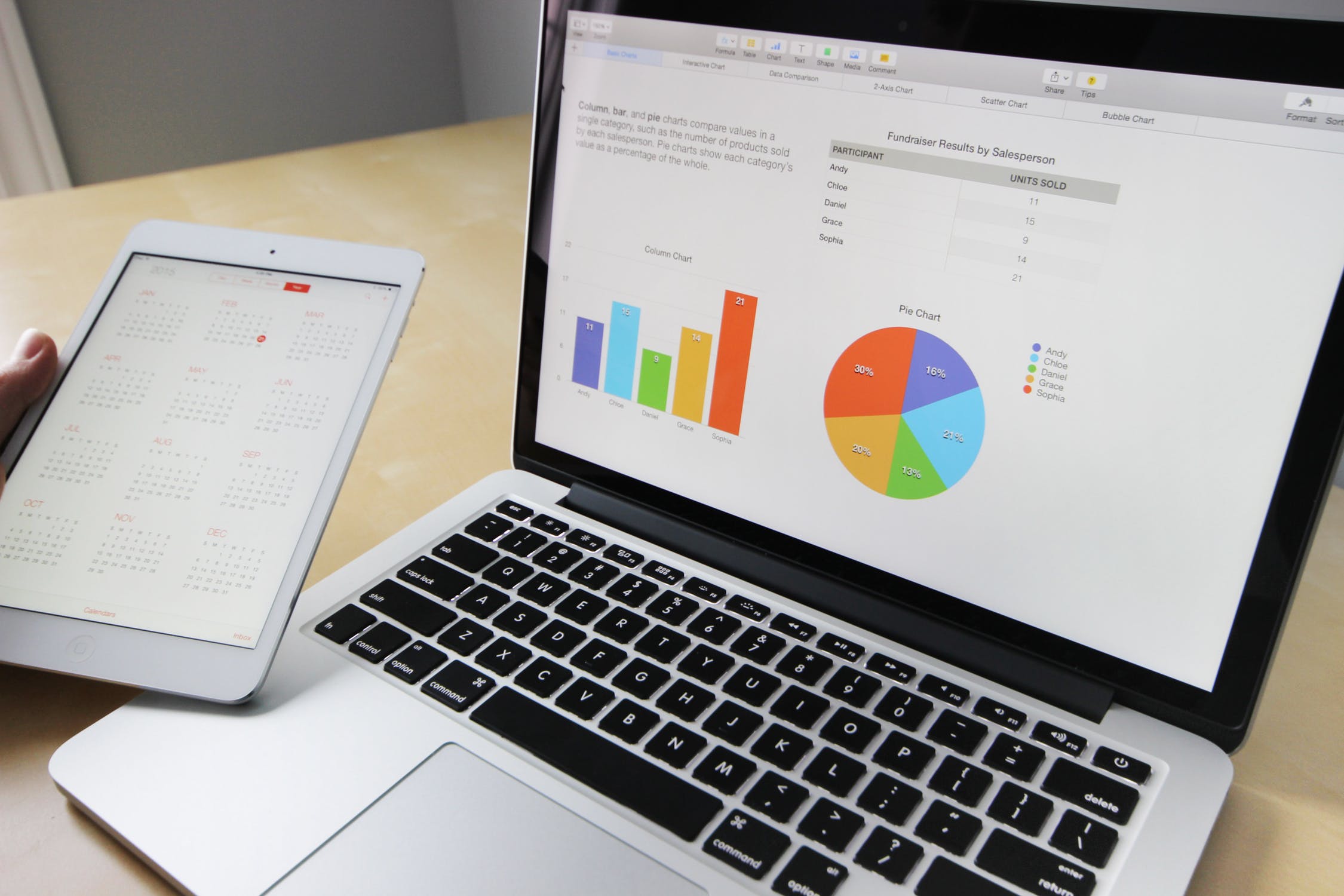The Consumer Prices Index (CPI) 12-month rate of inflation increased to 1.0% in July, rising from 0.6% in June, according to new figures from the Office for National Statistics (ONS).
The ONS also revealed the CPI that includes owner occupiers’ housing costs (CPIH) 12-month inflation rate was 1.1% in July, which was up from 0.8% in June.
Over the last 10 years, the ONS stated that the largest contribution to the annual CPIH inflation rate came from either housing and household services or transport. However, the latest figures showed this changed in April because of a combination of reduced household utility bills and falling motor fuel prices.
Since then, the largest contribution has come from recreation and culture, with the largest contribution to the CPIH 12-month inflation rate in July reaching 0.33 percentage points.
Kingswood CEO, Rupert Thompson, commented on the figures: “Core inflation is now at its highest level in a year and only slightly below the Bank of England’s 2% target which will be a relief for the Monetary Policy Committee and take some of the pressure off for further policy easing.
“Both the demand and supply side of the economy have seen sizeable shocks in recent months which is feeding through into increased volatility in the inflation numbers and therefore not too much should be read into this latest rise.
“Still, this increase follows hard on the heels of last week’s similarly unexpected pick-up in inflation in the US and highlights the fact that just as the outlook for growth remains quite uncertain across much of the world, so does the outlook for inflation.”
Hargreaves Lansdown personal finance analyst, Sarah Coles, added: “Savers are getting squeezed between the rock of rising inflation and the hard place of falling savings rates. You can currently beat inflation with the most competitive accounts, but if you don’t act now, you could see the life crushed out of your savings.
“In the fixed rate market, you can beat inflation by fixing for as little as one year. Unfortunately, the vast majority of people won’t. Most of our savings is in easy access accounts with the high street giants – most of which pay 0.01%. Our research shows that half of savers haven’t switched accounts for at least five years and two-thirds don’t have any plans to switch in future.
“The most common reason not to bother is that rates are so low it hardly seems worth it, but the difference between 0.01% and 1.16% can translate into hundreds of pounds a year if you have significant savings.”
Latest News
-
Residential property transactions fall 24% month-on-month
-
Later life lending loans jump 5.1% in Q4 2025
-
Mortgage Awards 2026: Winners announced
-
FCA outlines proposals to close gaps in borrowers’ credit files
-
St. James’s Place closes 2025 with record FuM
-
Average LTV on UK mortgaged home drops to 59% – IMLA
Mortgage Advice Bureau and AI in the mortgage sector
Chief executive officer at Mortgage Advice Bureau, Peter Brodnicki, and founder and managing director at Heron Financial, Matt Coulson, joined content editor Dan McGrath to discuss how Mortgage Advice Bureau is using artificial intelligence to make advancements in the mortgage industry, the limitations of this technology and what 2026 will hold for the market
Perenna and the long-term fixed mortgage market

Content editor, Dan McGrath, spoke to head of product, proposition and distribution at Perenna, John Davison, to explore the long-term fixed mortgage market, the role that Perenna plays in this sector and the impact of the recent Autumn Budget
NEW BUILD IN FOCUS - NEW EPISODE OF THE MORTGAGE INSIDER PODCAST, OUT NOW

Figures from the National House-Building Council saw Q1 2025 register a 36% increase in new homes built across the UK compared with the same period last year, representing a striking development for the first-time buyer market. But with the higher cost of building, ongoing planning challenges and new and changing regulations, how sustainable is this growth? And what does it mean for brokers?
Does the North-South divide still exist in the UK housing market?

What do the most expensive parts of the country reveal about shifting demand? And why is the Manchester housing market now outperforming many southern counterparts?
In this episode of the Barclays Mortgage Insider Podcast, host Phil Spencer is joined by Lucian Cook, Head of Research at Savills, and Ross Jones, founder of Home Financial and Evolve Commercial Finance, to explore how regional trends are redefining the UK housing, mortgage and buy-to-let markets.
In this episode of the Barclays Mortgage Insider Podcast, host Phil Spencer is joined by Lucian Cook, Head of Research at Savills, and Ross Jones, founder of Home Financial and Evolve Commercial Finance, to explore how regional trends are redefining the UK housing, mortgage and buy-to-let markets.
© 2019 Perspective Publishing Privacy & Cookies











Recent Stories